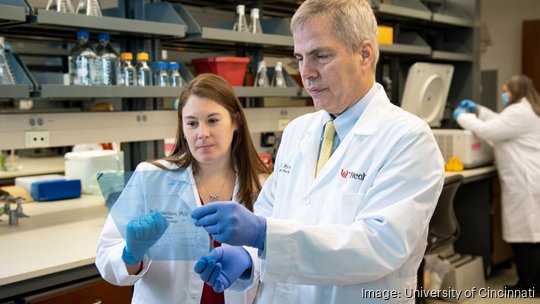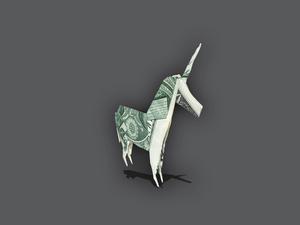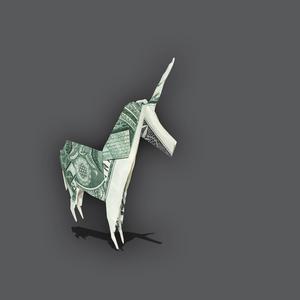
What is the most efficient “unicorn” farm in the United States? That would be the University of Cincinnati, according to a distinguished researcher at Stanford University.
UC produces a higher ratio of unicorn company founders than the likes of Stanford, Vanderbilt or MIT – or, for that matter, any other school in the U.S., according to Ilya Strebulaev, finance professor at the Stanford Graduate School of Business.
A unicorn is defined as a company backed by venture capital with at least one private round of funding or funding at exit with the post-money valuation of $1 billion or more.
Strebulaev and a small army of research assistants, Ph.D. students, project managers, lawyers and others compile data on unicorn companies at Stanford's Venture Capital Initiative, which he founded in 2015.
The professor regularly reports the initiative’s findings on his LinkedIn page, and he did so last month, when he showed a slide dubbed “Universities with Highest Likelihood of Unicorns.”
The data, according to Strebulaev, shows founders of a U.S. startup who studied or worked at UC are 3.3 times more likely to achieve unicorn status than average.
The next-best schools on the list, representing the most prolific unicorn-producing schools that are associated with at least 10 unicorns, are:
- The University of Utah - 3.2
- Vanderbilt University - 2.0
- Yale University - 2.0
- The University of Georgia - 1.8
- Stanford University - 1.6
- Brigham Young University - 1.6
- Columbia University - 1.6
- Michigan State University - 1.6
- Cal Berkley - 1.5
- Georgia Tech - 1.5
- UC San Diego - 1.5
This doesn't mean UC produces the most unicorns per se. Strebulaev explained how he arrived at the ratio in the LinkedIn post:
We started by identifying the educational and professional background for founders of 1,110 US-based VC-backed unicorns and 1,028 randomly selected VC-backed companies, matched only by the year of the first VC round.
1,081 unicorns and 961 random sample startups have at least one founder who either studied or worked at some university.
For example, the University of Cincinnati is associated with 1% of unicorns and 0.3% of random sample companies. The ratio between these percentages is 3.3. We call it the odds ratio of producing a unicorn.








